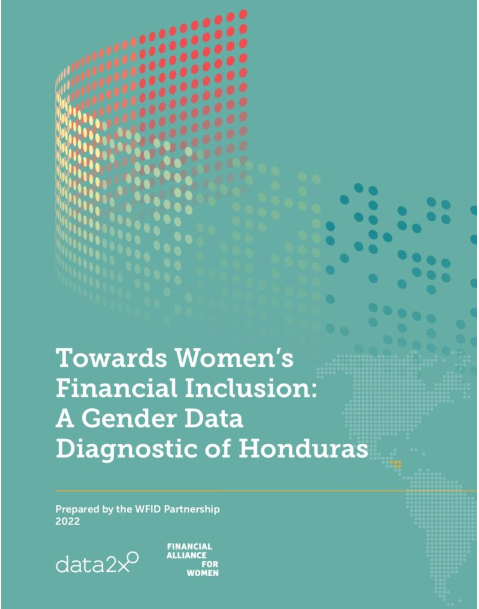 Honduras is making good headway in the collection, production, and analysis of sex-disaggregated
Honduras is making good headway in the collection, production, and analysis of sex-disaggregatedfinancial data—a particularly notable accomplishment given the country’s small size and economic challenges. The main bank regulator, Comisión Nacional de Bancos y Seguros (CNBS), has taken the lead and spurred progress. CNBS has mandated the reporting of a few data points, including overall number of accounts and total balances disaggregated by sex, for a number of years. In 2019, CNBS expanded its gender data collection efforts to request individual client-level sex-disaggregated data reporting.
Now, CNBS is putting in place upgraded systems and processes, including a shift to an electronic reporting platform. Along with these changes, individual-level sexdisaggregated data reporting by regulated FSPs will become mandatory.
Honduras is ahead of many of its larger peers in the region because of CNBS’s leadership and prioritization of gender data. CNBS is building on its established foundation with additional plans to advance the WFI agenda, including a shift from optional to required reporting of individual-level gender data, slated for 2022. Honduras also stands out because a number of banks are at a relatively advanced stage on the WFI pathway. Several have women’s market solutions in place already, while others are actively exploring the introduction of women-centric offerings.
